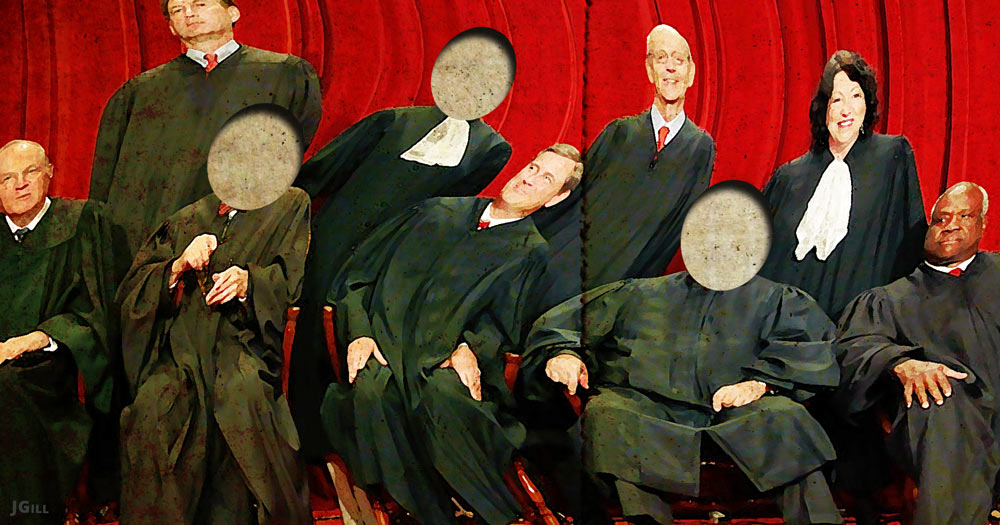This week, the Senate Judiciary Committee grilled Judge Neil Gorsuch, President Trump’s nominee for the U.S. Supreme Court. Talk about a silly rite. Senators repeatedly fired questions about specific legal views that no High Court nominee ever answers.
Why not? Because to answer would be to pre-judge possible future cases.
That didn’t prevent displays of faux-outrage from committee Democrats, though. “You have been very much able to avoid any specificity,” Sen. Dianne Feinstein (D‑Calif.) criticized, “like no one I have ever seen before.”
In Washington, isn’t that a compliment?
Into this kabuki theater, Republicans added their own inanity. Sen. Jeff Flake (R‑Ariz.) inquired of Gorsuch, “What’s the largest trout you’ve ever caught?”
So that is how to determine whether to confirm someone for a lifetime position.
But even a lifetime doesn’t beat Congress. Elected every two years in the House or six years in the Senate, congresspersons often rack up longer tenure than do justices appointed for life.
The longest serving justice in our history was William O. Douglas, who spent nearly 37 years on the High Court. But if Douglas had spent that epoch in Congress, he wouldn’t place first, but 80th.
In fact, three Judiciary Committee members — Senators Patrick Leahy, Chuck Grassley and Orrin Hatch — have already served longer than any High Court justice in American history.
Interestingly, of the 20 longest serving justices, half served before 1900. Conversely, all of the 20 longest continuously serving members of Congress served after 1900.
Careerism in Congress beats lifetime tenure.
It’s time for term limits.
This is Common Sense. I’m Paul Jacob.






 The Next Question:
The Next Question:





